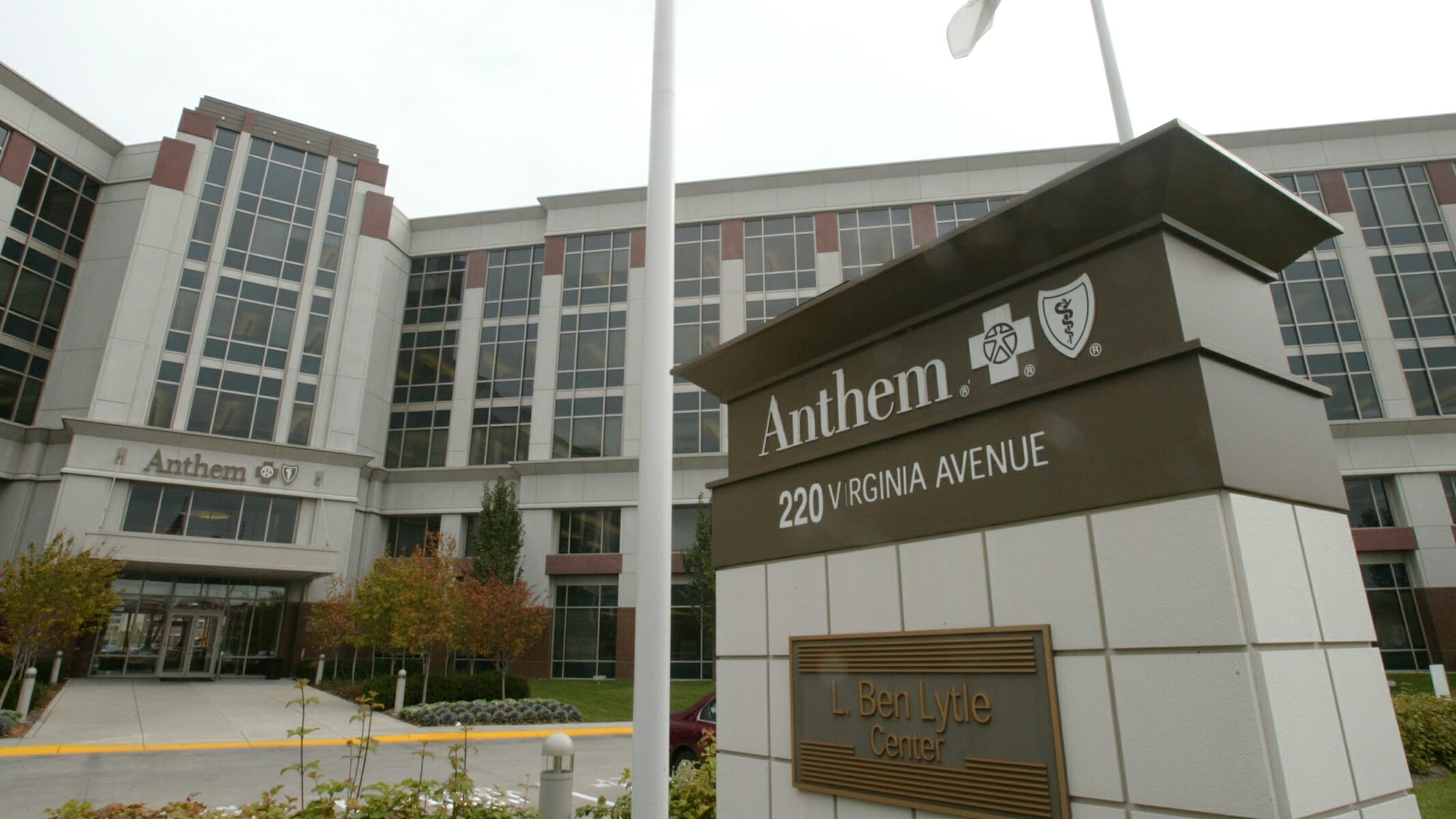Your Private Health Insurance Coverage Is Getting Worse and Worse Each and Every Year
Photo by A.J. Mast/Getty
A new report from the Kaiser Family Foundation reveals something we all instinctively knew: the benefits brought by health insurance deductibles are getting harder and harder to reach. This is partially why insurance companies spend billions on marketing, shoving Jonas Brothers holding puppies in our faces in the hope of distracting us from the nickel-and-dimed reality they are imposing upon us. Per Health System Tracker:
As deductibles have risen and become more common over the past decade, many people with employer-sponsored coverage have faced rising out-of-pocket costs. Out-of-pocket spending is increasingly likely to be in the form of a deductible, which often means enrollees pay large upfront costs. These costs can therefore be more of a financial shock than copays that build up more gradually over the course of the year.
This chart from the Kaiser Family Foundation is proof of a plan to get us to pay more for our health care while insurance companies—whose entire existence is (theoretically) predicated upon paying for our health care—try to skirt as much of the bill as possible.
employer based insurance is getting steadily shittier with each passing year https://t.co/RThDUerCe5pic.twitter.com/n4kr1CgOqF
— ryan cooper (@ryanlcooper) May 16, 2019
Your health insurance is complicated because that’s how health insurance companies make a profit. Go to Canada or the UK or anywhere with a single-payer health care system and ask people what their deductibles are—they’ll think you just made up a word on the spot. From co-pays to deductibles to premiums, they’re all just different nomenclature for the same endgame: more and more profits for fewer and fewer health care executives.
This is important because it is a central fault line in our health care debate. Polls show that 69% of people like their coverage and 80% like the quality of their private insurance, and that talking point is used nonstop by people who do not want to change the (very profitable for CEO’s) status quo. The problem is that it’s a question that severely lacks context—namely, the alternative proposed by answering it in the negative.
When you ask someone “do you like your health insurance?” answering “no” effectively means “I don’t want my health insurance, I want something different.” Because there is no public alternative, the question of “do you like your health insurance” is really more like “would you rather have or not have health insurance—or uproot your job to hopefully get better coverage/price/quality?” When it comes to the specifics of private insurance, no one gets the warm and fuzzies every time they interact with their insurance company. It’s a time-wasting slog, at best. Plus, the notion that people are just locked in to one private insurance plan their entire lives is childish, as Axios—one of the most well-connected outlets to the establishment out there—even noted last month:
More than 66 million Americans voluntarily quit their jobs, were laid off, or otherwise separated from their employers in 2018, and that high turnover rate has continued into 2019, according to data from the Bureau of Labor Statistics.
…
It’s therefore reasonable to estimate at least 2 million workers and their families lose or transfer to new commercial health plans every month.
Private health insurance sucks. We say we like it because the alternative is often death and/or bankruptcy. Studies that simply scratch the surface of our inefficient, profit-laden health care industry prove time and time again how inadequate it is—because the primary objective is profits, not care. Overall, this executive suite-led quest to maximize profits by squeezing as much cash as possible out of sick people has led to a world where private health insurance costs are rising faster than your income.
Health insurance is wildly complicated. It’s not like we can just snap our fingers and this byzantine jigsaw puzzle will sort itself. Comparing single-payer health care in Canada to the UK proves that there is no one single model for government-run health care, but it’s clear as day that not only must we try some kind of major government intervention, but the public largely wants us to. This century, public opinion is clear on whether or not the healthcare industry is good (it’s not), and whether or not ensuring all Americans have healthcare coverage is a government responsibility (it is).
https://t.co/8TQ7AO6jjVpic.twitter.com/mblHiCkDQY
— Best Posts (@onlygoodposts1) May 16, 2019
— Best Posts (@onlygoodposts1) May 16, 2019
Something must change. Our health care system is far too inefficient and far too costly—more than half of all our spending goes to 5% of patients. This is because curing disease is a net loss when compared to the bonanza of profits that treating a disease returns. The fourth and fifth houses of health care CEOs are paid for by some of their sickest “customers” (I put “customers” in sarcastic quotes because it’s not like we all have much of a choice when it comes to health insurance). This entire industry based around increasing profits has one logical endgame—and it is the cartoonishly expensive dystopia we all find ourselves in—where our private health care system forces far too many of us to choose between bankruptcy and/or death.
Jacob Weindling is a staff writer for Paste politics. Follow him on Twitter at @Jakeweindling.







































